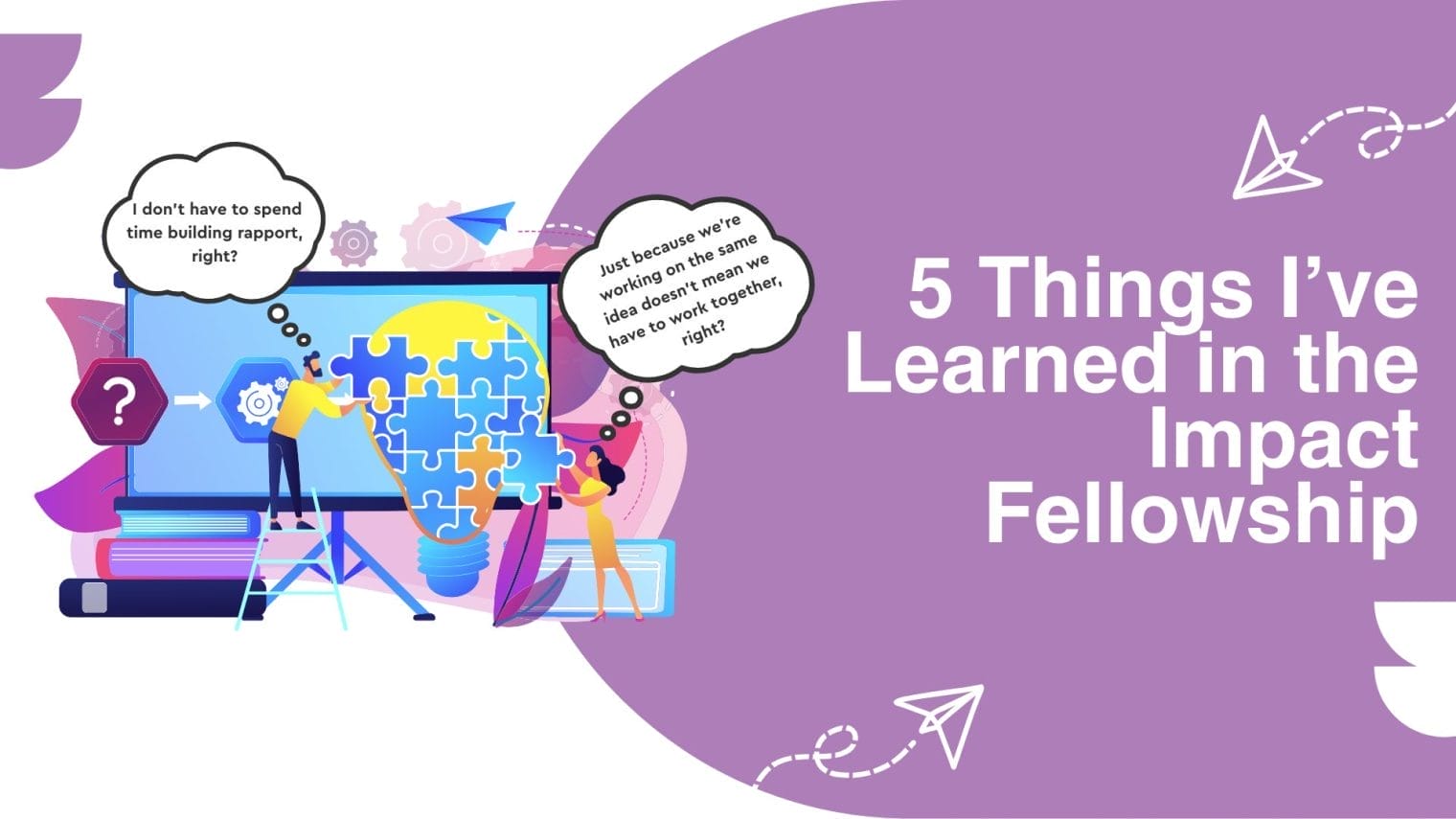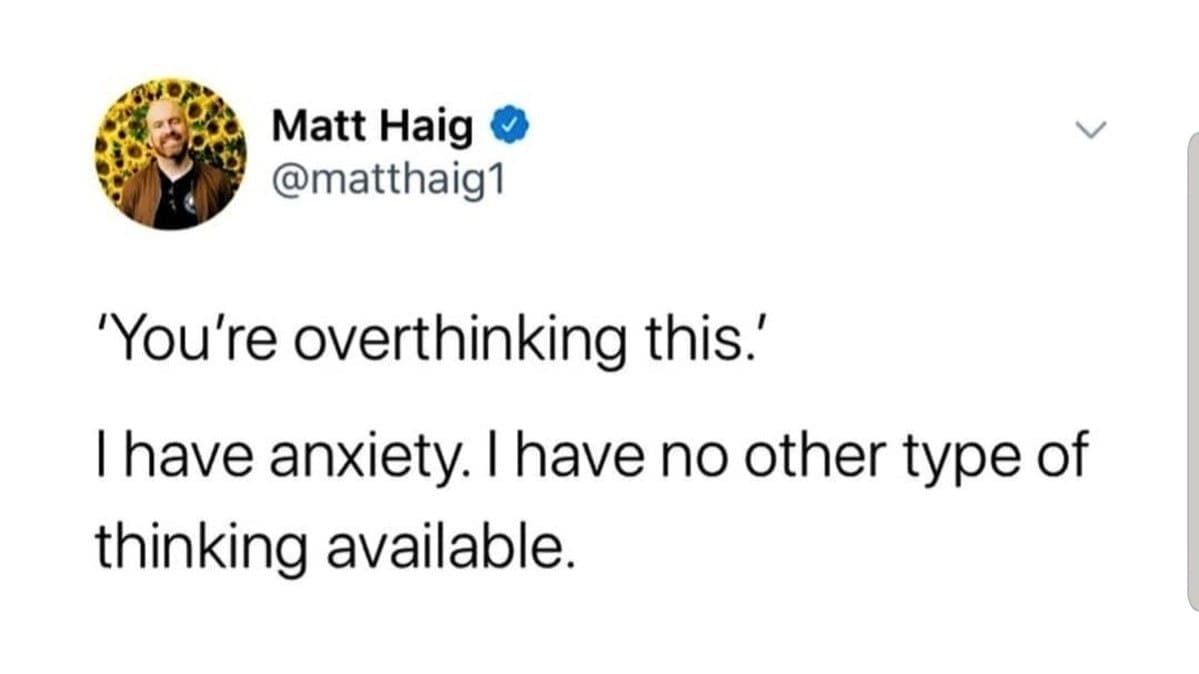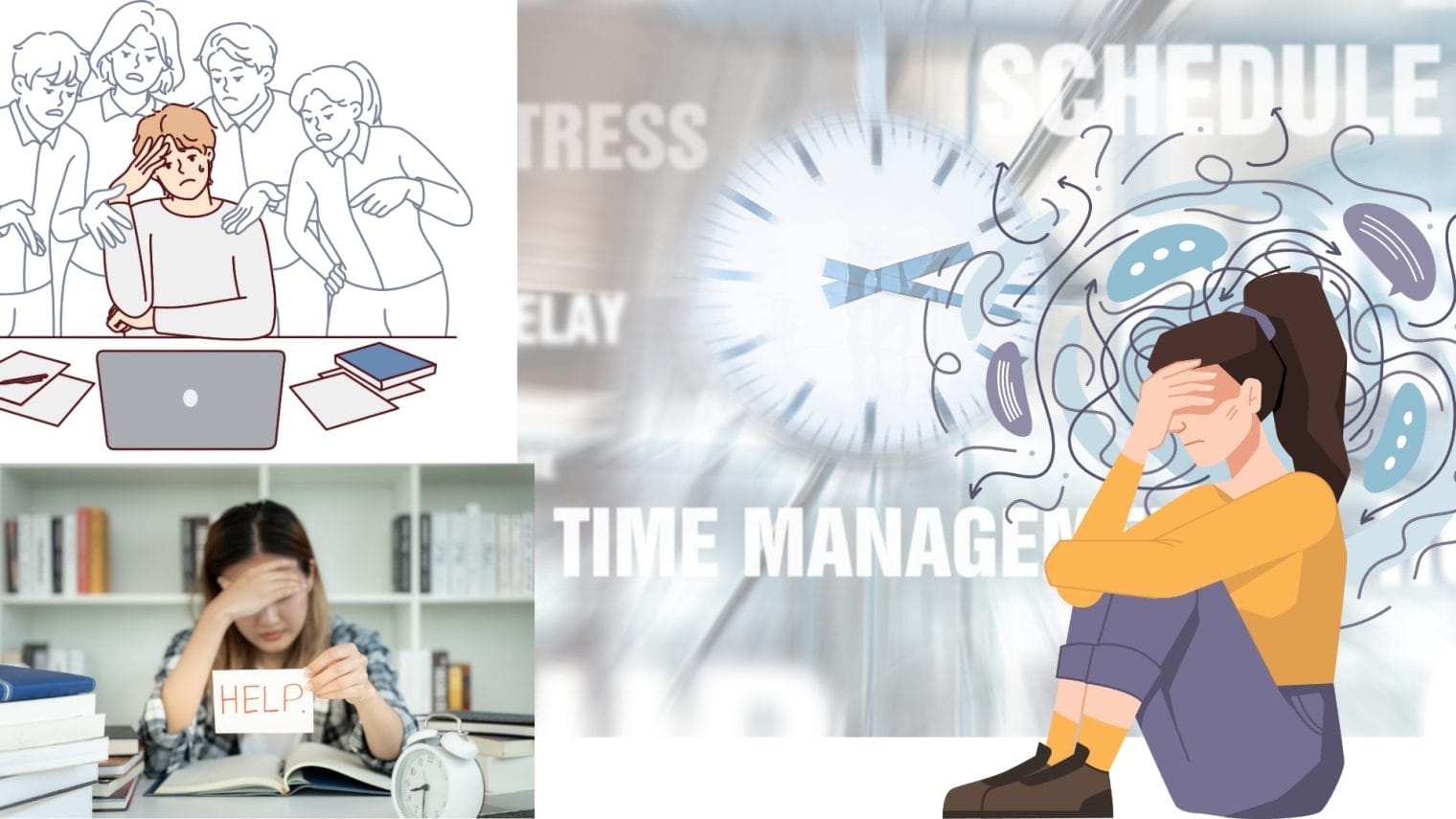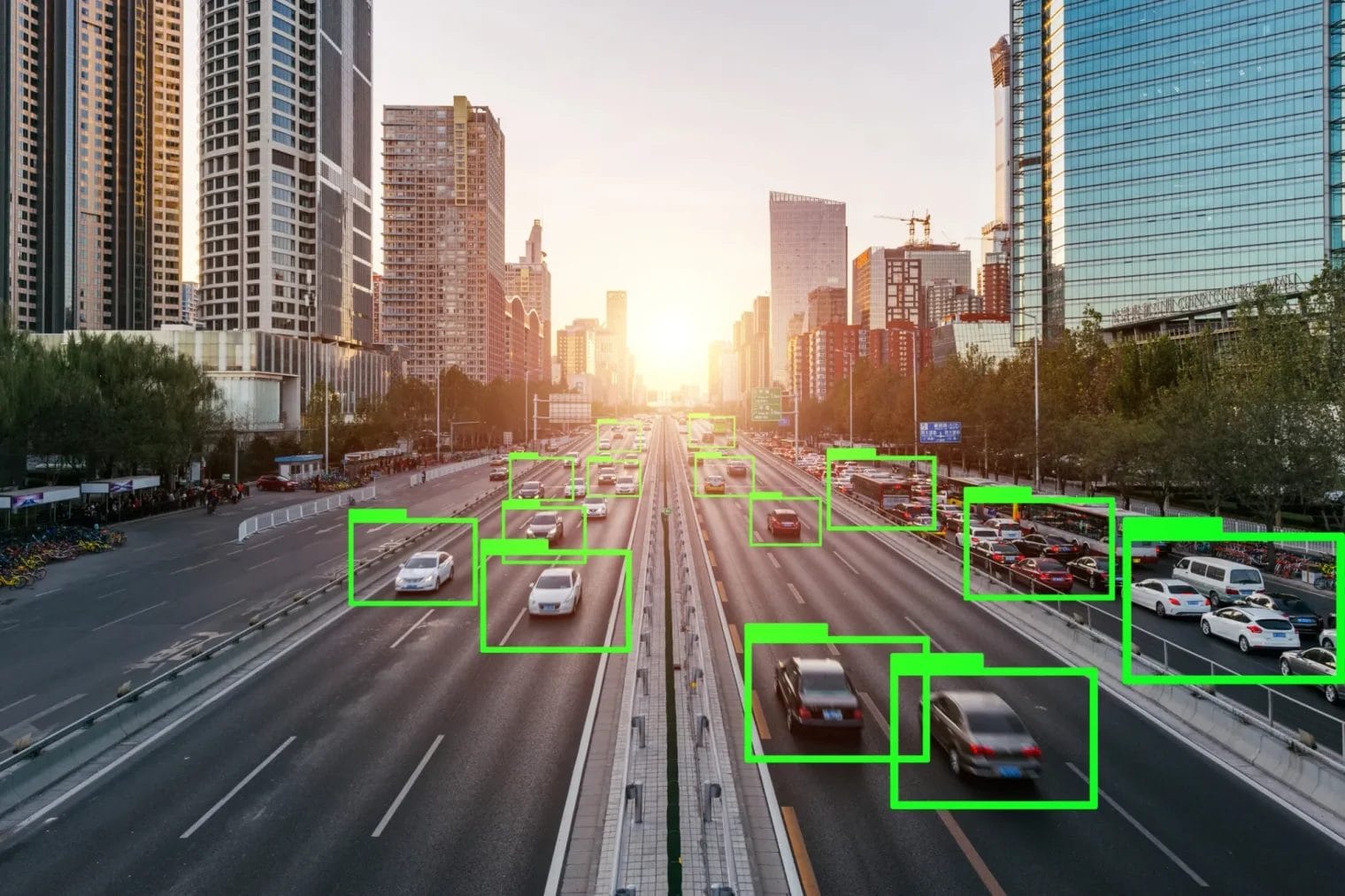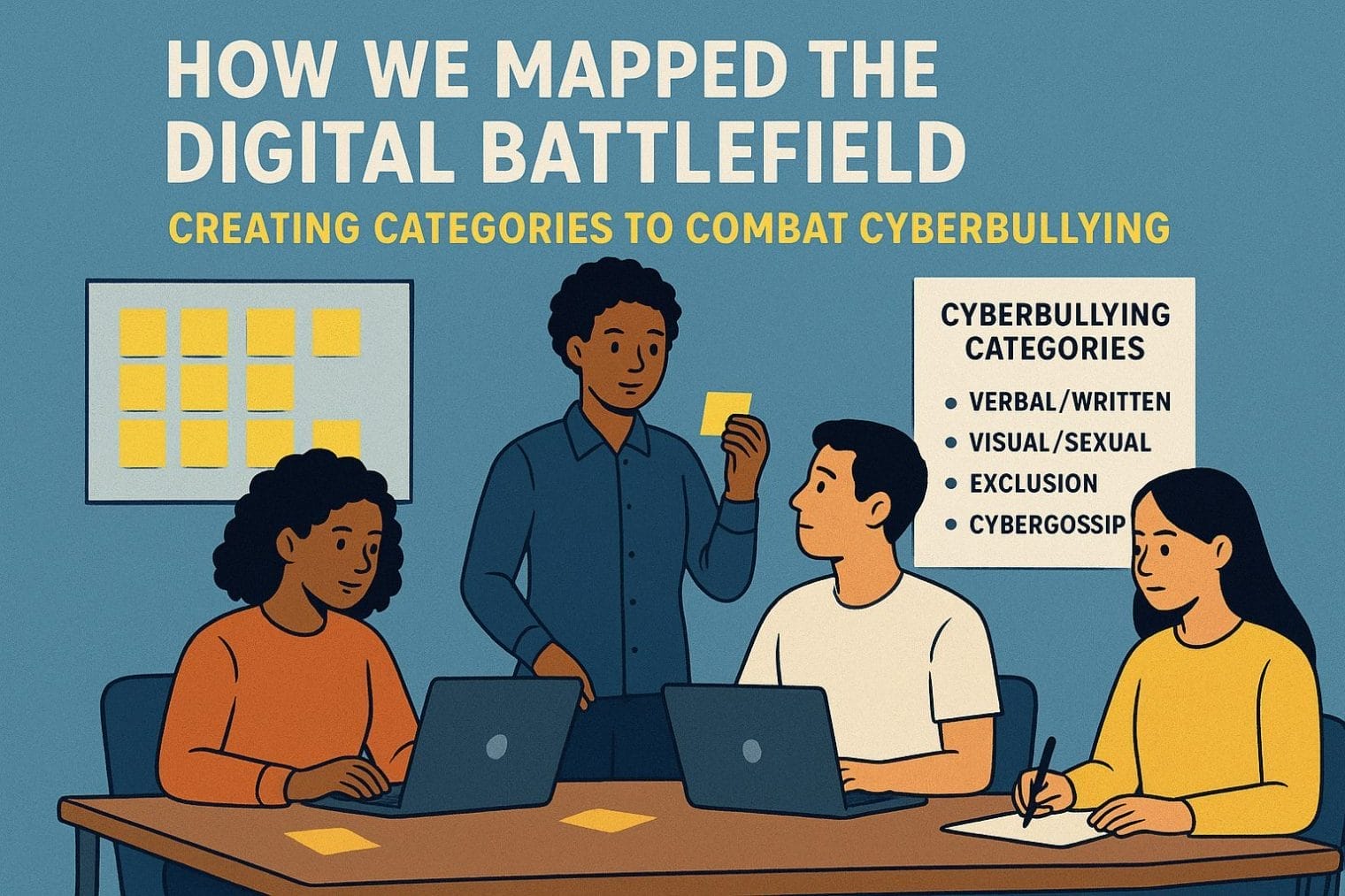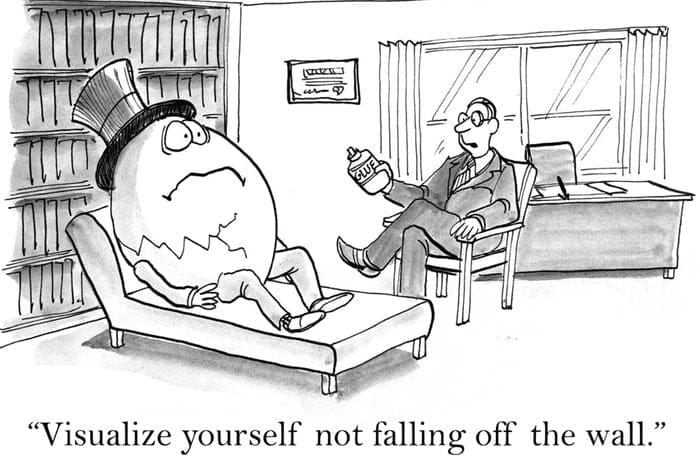Our Stories
-

Youth Cyberbullying: What 160 Young People told us
From WhatsApp to TikTok, young people share how cyberbullying impacts them and the fixes they believe in. Cyberbullying is one of the most pressing challenges facing young people today. To better understand its impact and explore what kinds of support actually help, we conducted a Youth Cyberbullying Support and Intervention Survey with 120 respondents. The
Read more about Youth Cyberbullying: What 160 Young People told us
-

Research in College: 6 Inspiring Lessons I Learned
What does “college research” actually mean? Before this summer, I thought it was just a buzzword — something tour guides bragged about and brochures plastered across glossy photos. Then I spent ten weeks at Argonne National Lab doing high-performance computing research, and it clicked. I worked on integrating AMD’s GPU library (RCCL) into MPICH, one…
Read more about Research in College: 6 Inspiring Lessons I Learned
-

5 Things I’ve Learned in the Impact Fellowship
For those of you who don’t know, I’m in curaJOY’s impact fellowship. We are creating an annotated data set, algorithm, and intervention system for cyberbullying. It will be the first one of its kind made 100% by gen z. Our hope is that with our lived experience of the modern world, we will be able
Read more about 5 Things I’ve Learned in the Impact Fellowship
-

Anti-Anxiety Methods That Don’t Work
Breathing exercises my opp. Hello friends, welcome back to the Anxiety talk show. Just a few days ago, in my AP Psychology class, my teacher introduced us to positive affirmations. They’re part of the self-affirmation theory that claims that how individuals choose to react to information changes how they conceptualize themselves. Thus, saying positive things
-

Neurodivergents and Cyberbullying
So a while ago in August, I went to SCDD’s San Diego Regional Youth Leadership Forum. It was pretty nice going there, there was lots of food, and the inspiring speakers like Toni Saia and Otto Lana talking about their experiences with the real world and what it means to them to have a disability, really left me
-

Machine Learning 101: A Youth Guide to Teaching Computers to Think
When Netflix recommends your next favorite show or when your email filters out spam, that’s machine learning at work. Machine learning (ML) is a branch of artificial intelligence that allows computers to learn from data and make decisions without being explicitly programmed. Instead of humans writing every rule, the computer figures out patterns itself and…
Read more about Machine Learning 101: A Youth Guide to Teaching Computers to Think
-

A Real Human Being, or a Grade Machine?
Caitlyn Wang’s wonderful article, besides managing to alleviate my anxiety about not taking enough AP courses, also brought up another thought in mind. In her article, there was this quote “Nothing is more fragile than a child who only knows how to chase accolades. Let’s help them learn who they are when the trophies are
-

Literature Review: Cyberbullying Labeling Schemes and Annotation Guidelines
Cyberbullying, defined as willful and repeated harm inflicted through digital means, continues to rise in prevalence and severity, particularly among youth populations, who are exposed to social media at starting at young ages. The mental health consequences of cyberbullying—including anxiety, depression, and suicidal ideation—are well-documented (NIH, 2023). As a result, researchers have increasingly turned to
Read more about Literature Review: Cyberbullying Labeling Schemes and Annotation Guidelines
-

The Hidden Dangers of Data Augmentation
In the rapidly evolving world of AI, data is king—but what happens when the data we rely on is synthetic? While data augmentation offers a promising solution to the challenges of collecting real-world examples, it comes with hidden dangers. From the risk of model collapse to the inability to capture the nuances of human language,…
-

How We Mapped the Digital Battlefield: Creating Categories to Combat Cyberbullying
Creating Categories to Combat Cyberbullying A journey through 40+ research papers, heated debates, and yellow sticky notes The Search That Started It All Picture this: A group of Impact Fellows, armed with laptops and determination, diving into the murky waters of cyberbullying research. Our mission? To create a framework that could help AI systems recognize
Read more about How We Mapped the Digital Battlefield: Creating Categories to Combat Cyberbullying
-

The Newest Buzzword (Part 2)
Self diagnosis, a hot topic The second reason why autism keeps on getting misused in a lot of memes could be people self diagnosing themselves with autism. Far warning, I will be heading into a rather controversial topic here. But as a person with autism and ADHD (or just as a person in general), I
-

Anxiety 101
Anxiety can be really debilitating. It’s all in your head, but you know what your head controls? Literally everything else. Want to know more about



